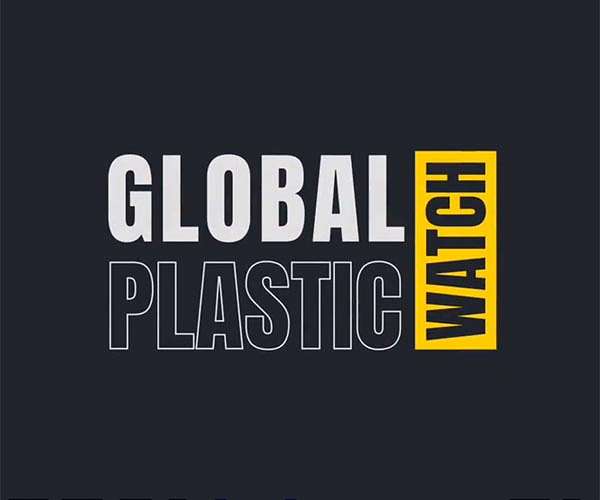Using sunlight to recycle black plastic
Researchers have developed a sunlight-powered technique to recycle black and colored polystyrene plastics, offering a new approach to dealing with materials typically sent to landfills. Black coffee lids and foam containers, often made of polystyrene, are difficult to recycle because of their color additives. A study published in ‘ACS Central Science’ describes a method that uses an existing additive in black plastics – carbon black – combined with visible light to create reusable chemical building blocks.
“Simple visible light irradiation has the potential to transform the chemical recycling of plastics, using the additives already found in many commercial products,” said Sewon Oh, Hanning Jiang and Erin Stache, co-authors of the paper.
The process involves using light to break down plastics into reusable chemical components, but the challenge was identifying a sustainable excipient. Erin Stache and her team tackled this by using carbon black, a commonly used additive in black polystyrene waste.
To demonstrate this, the researchers powdered a lab-made mix of polystyrene and carbon black, sealed it in a glass vial and exposed it to high-intensity white LED light for 30 minutes. The soot converted the light into heat, breaking the plastic into shorter styrene molecules. These molecules, consisting of one, two or three styrene units, could be easily separated in the reaction setup. The team successfully reused leftover carbon black and styrene monomer to create new polystyrene, highlighting the circularity of the method.
When applied to post-consumer waste such as food containers and coffee lids, up to 53% of the polystyrene is converted into reusable styrene monomer. Efficiency dropped slightly with contaminants such as canola oil and soy sauce. However, the researchers achieved better results outdoors using focused sunlight, with an efficiency of 80%. Testing multicolored plastic blends under sunlight showed similar promise: a 67% conversion compared to 45% under LEDs.
The researchers attribute the higher efficiency of sunlight to its greater intensity and suggest that their method could achieve a closed-loop recycling process for polystyrene waste.
The project received support from Cornell University, Princeton University and the U.S. Department of Energy’s Catalysis Science Early Career program.
Research report:Post-consumer recycling of polystyrene waste using commercial plastic additives


